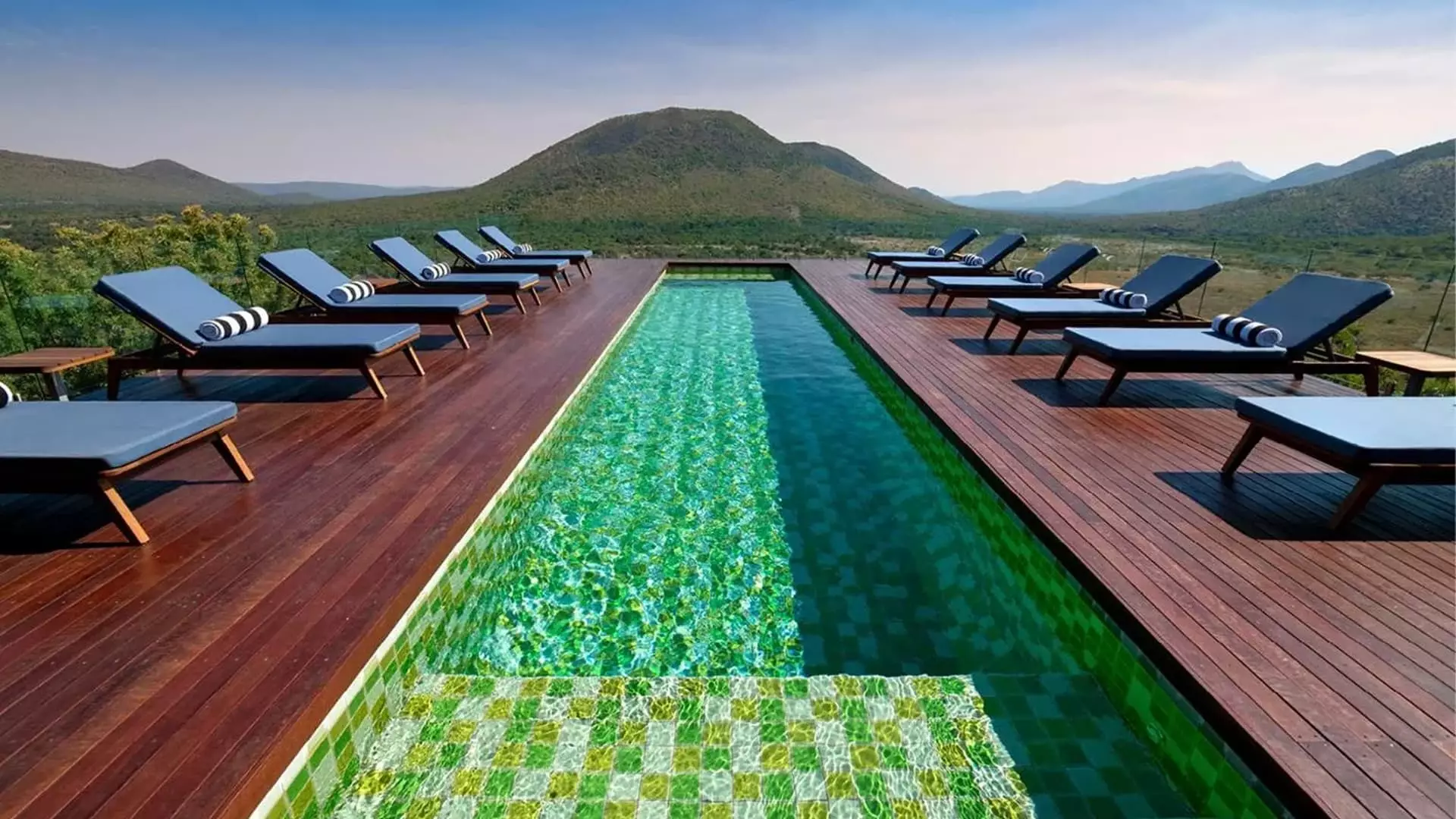In recent years, the landscape of luxury safari experiences in Africa has undergone a significant transformation. Traditionally, the allure of a safari revolved around the famous “Big Five” — lions, leopards, elephants, buffaloes, and rhinos. However, as societal values and travel trends evolve, luxury travelers are now seeking experiences that transcend mere wildlife sighting. Lori Cohen, a prominent writer on luxury safaris, encapsulates this shift, noting that travelers desire “something special and transformative” rather than conventional wildlife observation.
This evolving perspective is fueled by a growing consumer need for personal connections and engaging experiences. Today’s safari-goers are searching for emotional fulfillment in their adventures, prioritizing unique interactions over simply checking off wildlife species on a list. This desire for deeper engagement reflects a broader trend in luxury tourism where travelers are increasingly seeking not just lavish accommodations and gourmet dining but also meaningful activities that resonate with their individual interests.
As luxury tourism in Africa expands, the concept of what constitutes an extraordinary safari experience is rapidly broadening. Olivia Gradidge, a marketing manager at RX Africa, observes that while high-end amenities remain essential, the new focus lies in exclusive experiences that connect visitors more intimately with their surroundings. For instance, guests may opt for a guided walk with a veterinarian dedicated to wildlife conservation or immerse themselves in the vibrant culture of local communities.
Moreover, specialized activities such as wildlife photography courses, animal tracking, and immersive conservation initiatives are becoming increasingly popular. This new approach to safaris transforms the traditional passive observation into a more engaging adventure. Gradidge highlights that travelers today are particularly interested in “behind-the-scenes” access that allows them to actively participate in conservation efforts and contribute to sustainability projects. Such experiences not only enrich the travelers’ understanding of wildlife but also foster a sense of responsibility towards the environment.
Growth of the Luxury Safari Market
The financial outlook for luxury safaris is promising, with projections indicating a growth from $1.7 billion in 2023 to approximately $1.98 billion by 2032, according to Business Research Insights. This rise reflects an increasing acknowledgment that luxury and sustainability can coexist. The notion of “conscious luxury” is gaining traction, as travelers are becoming more conscious of their ecological footprints and choosing safari experiences that align with their values.
The emphasis on low-impact activities, such as walking and trekking safaris, not only diminishes carbon emissions but also promotes a more organic connection to the African landscape. Kgomotso Ramothea, CEO of the African Travel & Tourism Association, notes this trend, highlighting a collective shift toward environmentally friendly travel options.
The luxury safari market is not monolithic; the desire for diverse experiences is pushing operators to create multi-country itineraries that cater to repeat visitors. Safari enthusiasts are no longer satisfied with single-country offers but instead are exploring ways to weave together experiences across various nations. While such journeys can be pricier, they typically align with the desires of travelers seeking to enhance their experiences.
The pricing spectrum for luxury safaris has also widened significantly. Travel options vary greatly, wherein a basic safari may range from $100 to $300 per person per day, while high-end experiences can skyrocket to upwards of $9,600 per person in 2024. This evolution emphasizes the quality of service and immersive opportunities that accompany luxury safaris—think tailored private game drives, gourmet meals, and personalized guides.
A New Era of Safari Accommodation
The competitive landscape of luxury accommodations is flourishing, with exclusive lodges and camps sprouting in prime safari destinations such as Kenya, Tanzania, and South Africa. Upcoming lodges like Angama Mara, Mahali Mzuri, and Four Seasons Safari Lodge Serengeti promise lavish amenities while simultaneously focusing on personalized service and exceptional experiences. These establishments are redefining the standard of luxury, incorporating elements of ecology and culture into their offerings, creating an environment where nature and comfort coexist harmoniously.
As luxury safari-goers continue to evolve along with their expectations, the future of safari tourism in Africa promises an enriching blend of adventure, sustainability, and exclusive experiences. Engaging with the majestic landscapes and intricate ecosystems of the continent while contributing to conservation efforts will undoubtedly characterize the next chapter of luxury travel in this breathtaking region. As travelers seek authenticity over excess, the essence of luxury safaris will become more intertwined with the identity and ongoing preservation of Africa’s natural beauty.


Leave a Reply